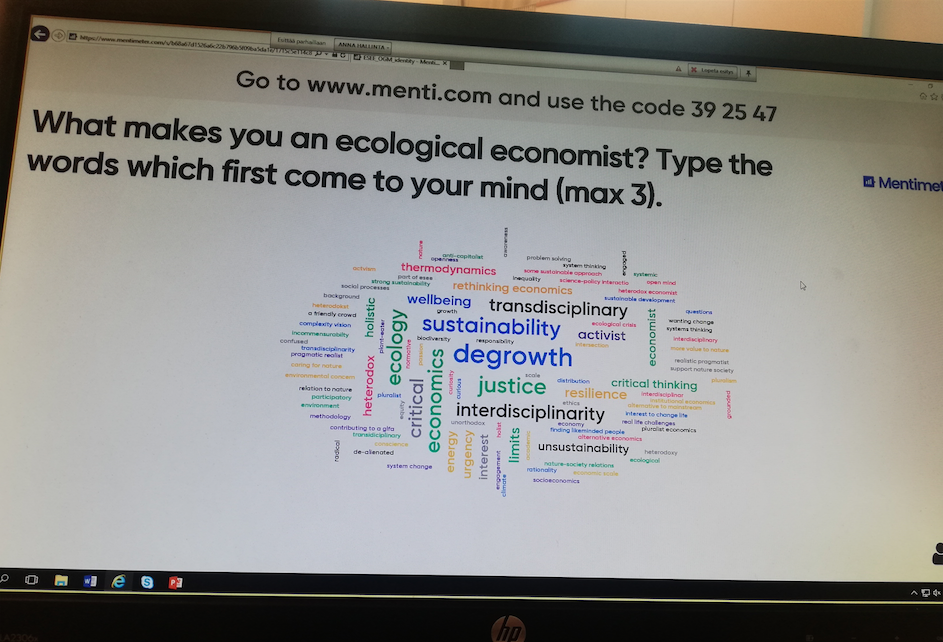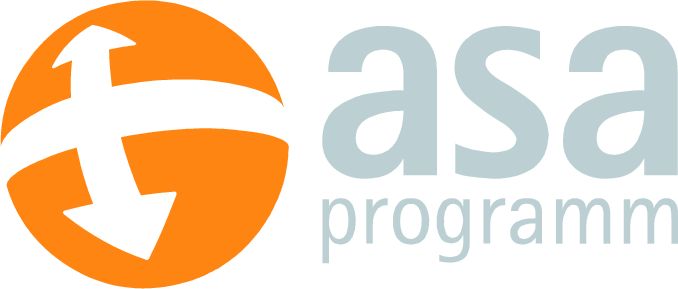by Jennifer Hinton and Donnie Maclurcan
An annual event, Free Money Day, was created in 2011 and is run by the Post Growth Institute. Each September 15th, people all over the world hand out their own money to complete strangers, two coins or notes at a time, asking the recipients to pass half on to someone else. The event seeks to inspire a more sharing world, and offer a liberating experience that encourages critical and creative thinking about our relationship with money and how we can have healthier types of economic activity.
Behind Free Money Day is a network of activists and researchers who form the Post Growth Institute. Our team works to inspire, support and engage in activities and ideas that are bringing about prosperity for everyone in ways that don’t rely on endless economic growth.
Since being founded in 2010, we have operated ‘virtually’, as a largely volunteer-based organization without a physical location. Our co-directors are located all over the world; in Australia, Greece, Sweden, Canada and the U.S. While the PGI is not linked to any activist or political networks, all of its co-directors are involved in a variety of other work, including activism. The organization is presently incorporating as a 501(c)3 not-for-profit organization, in the U.S.
Free Money Day events are organized locally, and participants choose how much money they want to give out. Anyone can ‘register’ their event at www.freemoneyday.org. Past events have been organized in all kinds of creative ways - from a video rental shop giving out free rental coupons, to one couple giving away half their land, to street musicians giving away money, rather than seeking it. The possibilities are endless when it comes to sharing.
Free Money Day 2012 was the most successful to date, with 138 events held across 24 countries. The Post Growth Institute is giving the event a big push this year to make Free Money Day 2014 the greatest yet. Get involved by registering an event here. It can be as simple as giving away a few coins on your way to work, or leaving some money in your neighbours’ letterboxes with an anonymous note saying ‘It’s Free Money Day!’ #freemoneyday.
Post-growth and degrowth approaches both acknowledge the need to go beyond growth-based economic systems in ways that allow all beings (human and other) to flourish. The Post Growth Institute agrees that economic degrowth does need to occur, as outlined in our Starting Positions. So, the main difference between post-growth and degrowth largely relates to framing. Post-growth seeks to identify and build on what’s already working, rather than focusing on what is not. In order to appeal to a wide audience, post-growth thinking and action aims to harness the best aspects of a failing economic system, while simultaneously drawing a line in the sand, by saying ‘some parts of this can never work for us all’.
That said, the Post Growth Institute definitely supports ‘degrowth’ as part of the spectrum of ideas and activities in the alternative economics space. Indeed, the Club for Degrowth and Un projet de Décroissance, are part of the recently-developed Post Growth Alliance.
We believe a post-growth world is already evolving, and that the ongoing transition entails fundamental changes in our financial system and our relationship to money. It is rooted in collective narratives that engage a sharing mentality (e.g., “human nature has an enormous capacity for compassion, collaboration and generosity” rather than “human nature is mostly competitive, greedy and selfish”). This shift is about fostering approaches to economic activity and business that reflect a “not-for-profit ethic”. It involves building towards a 100% not-for-profit financial and banking system (read more about this in our forthcoming book, How on Earth: Flourishing in a Not-for-Profit World by 2050). And what better way to start degrowing towards a post-growth future than by sharing money and ideas on September 15?

The time has come for ESEE to take a firmer stand and address the impossibility of tackling the monumental ecological crisis we are facing with partial solutions. In order to remain relevant ESEE needs to empower its members to speak the truth, confront power and focus their energies on finding meaningful, holistic and truly transformative solutions. The 13th International Conference of the ...

Contribution for a dialogue between Degrowth, Human Development and Buen Vivir Over the last 50 years, the mounting evidence of a civilizational or multidimensional crisis has progressively dislocated the (still dominant) industrialist and developmentalist discourse, setting out the imperative of a socio-ecological transition to overcome this crisis. In particular since the turn of the cent...

ASA is an educational programme that supports young and dedicated people to expand their skills and to contribute to sustainable global development based on respect for human rights and cultural differences since more than 50 years Currently, the programm is looking out for suitable projects for the 2015 ASA-cycle with particular focus on the areas of degrowth and/or urban gardening which ha...